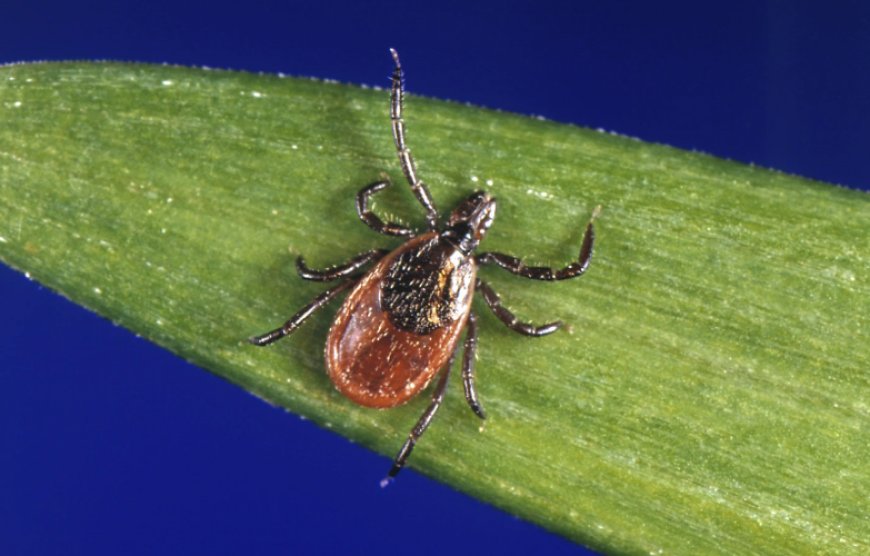Tips to Stay Safe from Ticks Year-Round
Ticks can be active in any season, so it's crucial to check for and remove them promptly after outdoor activities. Learn how ticks spread disease, how to check for ticks, keep them away, and protect your pets.

Ticks can be active in any season and it’s important to check for and remove the bloodsuckers as quickly as possible — especially after you’ve been outside hiking, gardening or enjoying nature. According to Sam Telford, an infectious diseases expert at Tufts University, humans are outside more in summer so we hear about more tick infections. He urges caution year-round because 'every season is tick season.'
Some Northeastern states like Maine, Massachusetts, and Rhode Island are experiencing 'above average' numbers of American dog ticks this year. New York state has reported a higher number of deer tick bites compared to last year, according to Saravanan Thangamani from SUNY Upstate Medical University.
Ticks, like mosquitos, feed on blood but are slow feeders with hooked mouth parts that attach to the skin of animals and humans. Blacklegged ticks, also known as deer ticks, can spread Lyme disease. Removing a tick within 24 hours of attachment reduces the risk of infection.
To check for ticks, inspect low to the ground areas and do a full-body check after outdoor activities. Use tweezers to remove ticks and wash off any unattached ticks by showering. Bug sprays with DEET can help ward off ticks, and wearing protective clothing is recommended. Protect outdoor pets from ticks by using medications and checking their fur regularly.
After a tick bite, monitor the skin for rash or flu-like symptoms. Seek medical attention if symptoms appear. The CDC does not recommend tick testing due to unreliable results.
What's Your Reaction?
 Like
0
Like
0
 Dislike
0
Dislike
0
 Love
0
Love
0
 Funny
0
Funny
0
 Angry
0
Angry
0
 Sad
0
Sad
0
 Wow
0
Wow
0



































































































































































